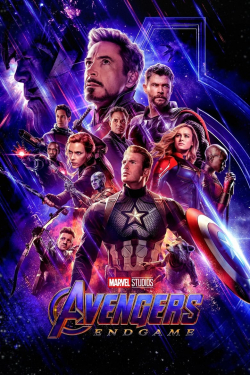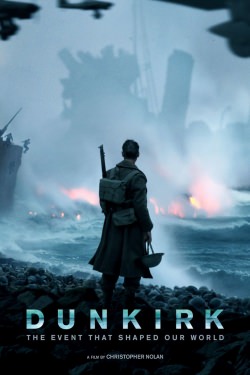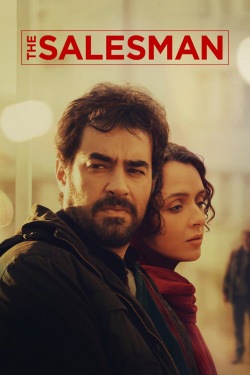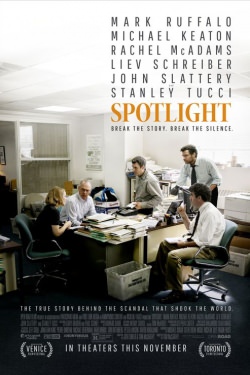Top Rated Films
Shalini Langer's Film Reviews
-
While it goes on to tick all the events in Hawking’s life after this, we see neither the trauma of a man talking about the beginning, the end, and then the timelessness of time when counting days himself, or the bitterness of him fathoming the expanse of the cosmos trapped in a body restricted to a wheelchair. His deductions, derived after long, lonely and presumably agonising hours of work, are reduced to warm flashes of brilliance.
-
Burton picturises this domestic drama in bright colours, as well as in dark studios, with their mounting claustrophobia. He also tries to portray this as a feminist drama, with Margaret essentially fighting a system where women don’t count for much. But his heart is really not in it.
-
As a lesser known chapter of World War II, Unbroken is a welcome addition. However, as a particularly special chapter of it, Unbroken required us to care for Zamperini more than we may end up doing.
-
The Woman in Black 2 isn’t as scary as its prequel, assumes most of us have watched the first film, and sees a surpring number of deaths. You also wish some of the story was about the children separated from parents put through horrors. However, the focus almost entirely is on Fox.
-
Stiller’s films have acquired this irritating habit of talking out a joke to death. Being funny is one thing, assuming no one else is is another. And just when you think Levy and company may finally be done, it’s evident they are far from.
-
In story terms, nothing much happens in The Battle of the Five Armies.
-
In which Katniss takes the backseat — you can call Mockingjay – Part I that. For, having split the final book into two films, there is little to do in the third edition of the Hunger Games franchise but build up to the finale next year.
-
There isn’t much Carrey and Daniels can get wrong here that isn’t wrong already. However, even if the story was a little better, there is something quite pathetic about wrinkled, greying men on the wrong side of 40 behaving like their selves from the right side of 20.
-
This is far from Fuqua’s own Training Day and Washington’s other impressive body of work, but The Equalizer is a good reminder of what we may be missing.
-
We have already seen Linklater’s love for letting his characters drive the story rather than the other way around. However, in Boyhood — beginning with the first shot of Mason (Coltrane) lying on the grass, his arm stretched at an odd angle behind him, looking up at the sky — the biggest presence is the absence of a “driving force”, quite like in real life. It’s because life happens when you are busy doing other things…

























